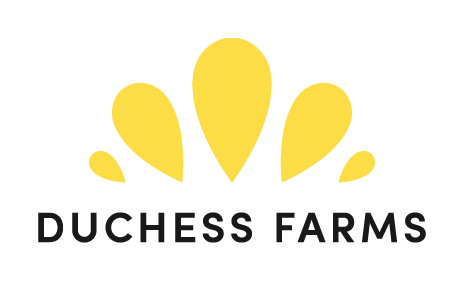Is UK Rapeseed farmed differently to that of America?
Over the last few months I’ve been asked by a few people if Rapeseed oil is actually good for you. If you Google ‘Rapeseed’ or ‘Rapeseed oil’, at least 80% of the results will come from American sites, meaning you may subsequently find yourself struggling with a resulting answer. Why? Quite simply, America farming regulations etc. are different to those in the UK.
It’s not my place to pass judgement on a potentially sensitive political subject, but one of the main differences is that Genetically Modified (GM) crops are used by the majority of American farmers. These crops are designed to be resistant to very strong herbicides, so a farmer can douse a crop in something that will kill everything, except the crop. I’m guessing that it’s a far more cost effective for them to genetically modify the plant, as opposed to designing specialist herbicides that focus on just one part of a plants gene structure and disable it, without effecting anything else the herbicide may fall on.
Of course there’s still 20% of American farmers who are producing oilseed rape in the same way as we do in the UK. So if you applied an application to a field of Rapeseed, in order to limit the amount of cleavers for example, the herbicide would be designed to only attack one part of the cleavers genetic makeup and not effect anything else. All of this means that, what we grow in the UK for human consumption is known as 'Double Low' varieties: low in Erucic acid (less than 1%) and low in Glucosinolates. This is especially important, as Erucic acid (in large amounts) can be harmful to humans and Glucosinolates can effect animals and cattle.
Duchess Oil’s agronomy expert, Jamie McKay, is part of a group that track and trace levels and he believes that, if we continue using this type of herbicide, in just a few years, there’ll be no trace of either Erucic acid or Glucosinolates in Rapeseed crops.
Using these British farming principles means Duchess Oil can make a very healthy product that far outweighs the health benefits of other oils – and we can use the waste product (known as ‘cake’) to feed the Duchess Dexter cattle, who then produce waste that can act a fertilizer for the Rapeseed crop! As an example, for each seed pressed, approximately 45% of it will produce oil and the other 55% will become cake. This cake can then be fed to the Dexter’s as feed, before passing through them and eventually ending up in the same field as muck – full circle, full tractability and a very low carbon footprint.
